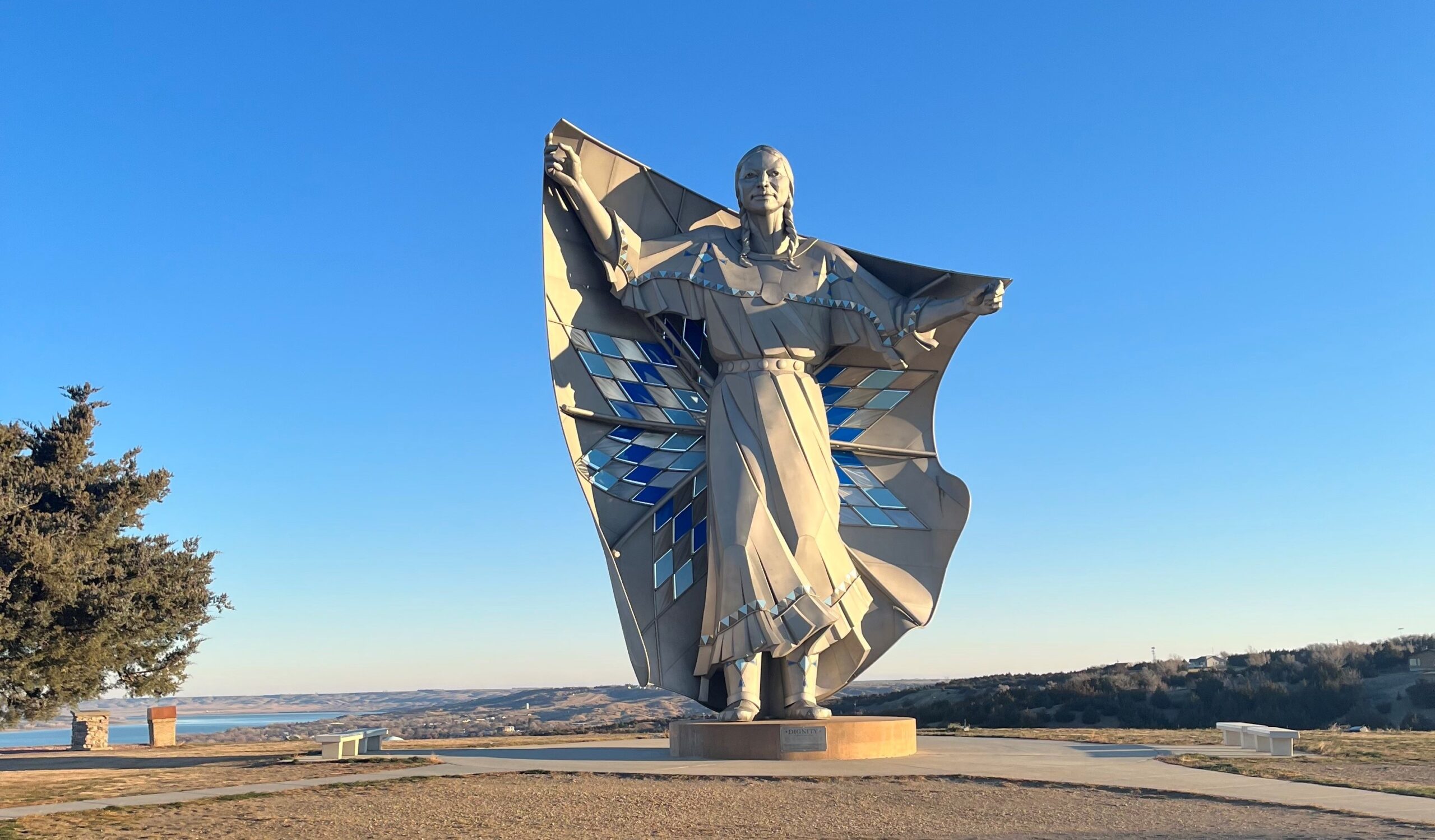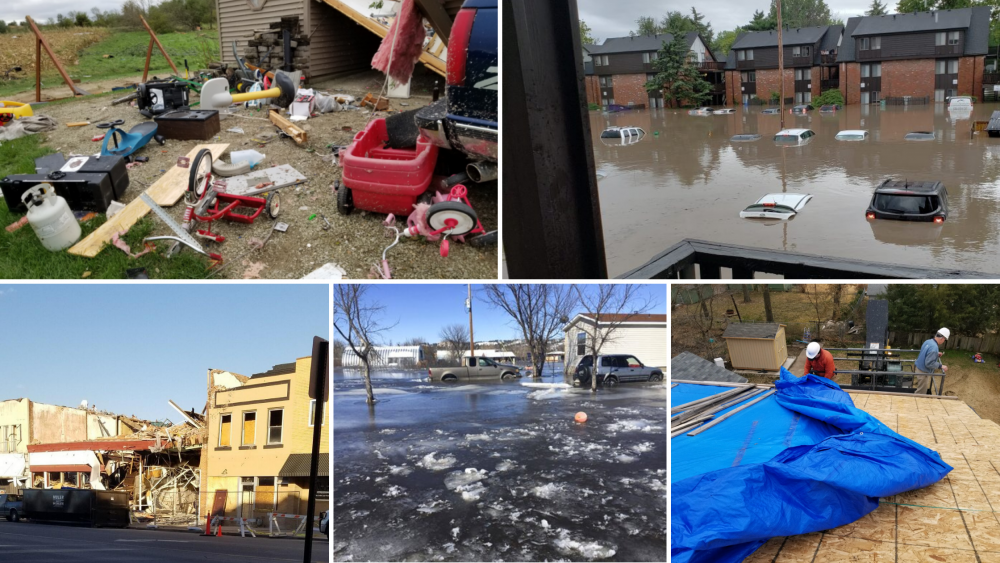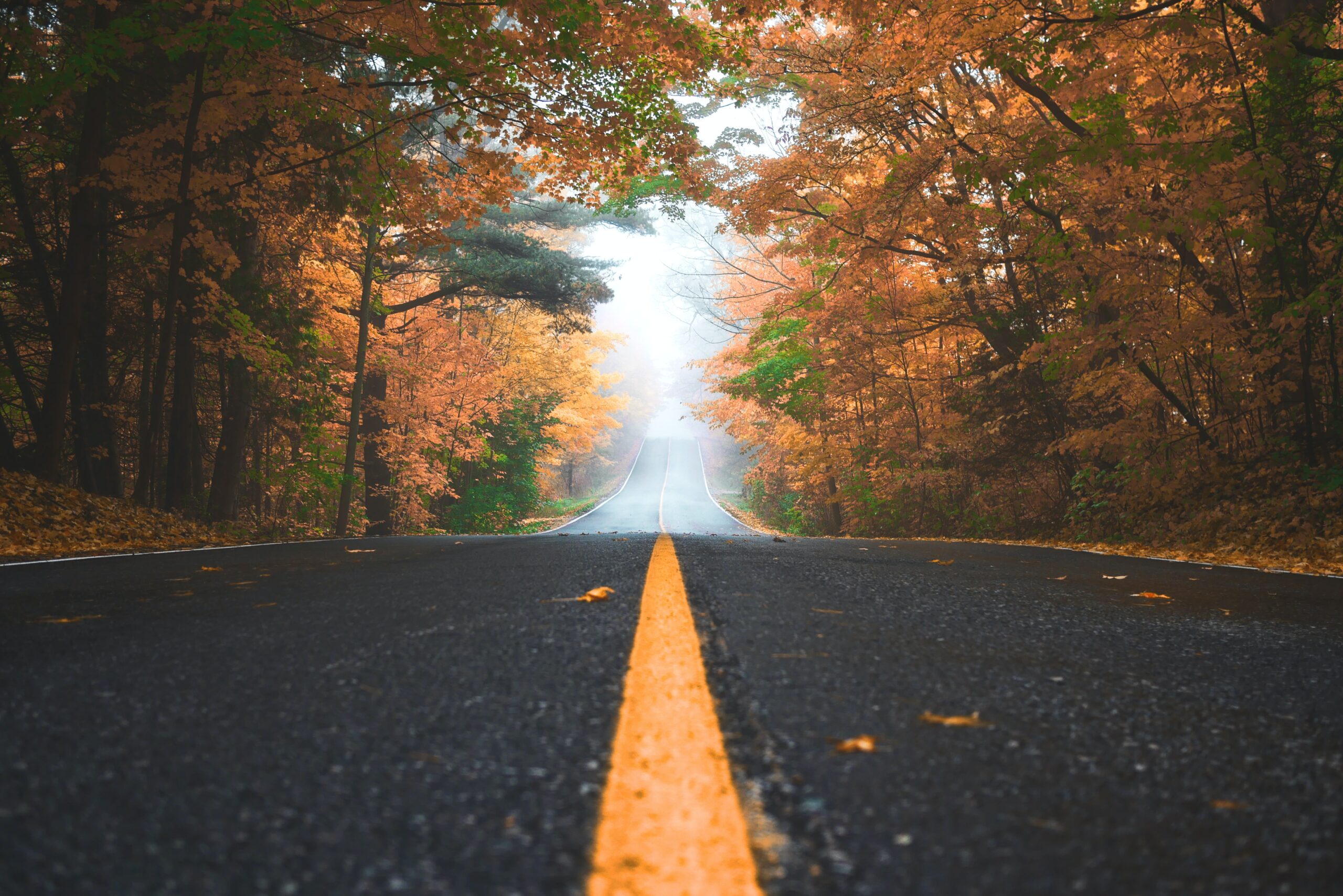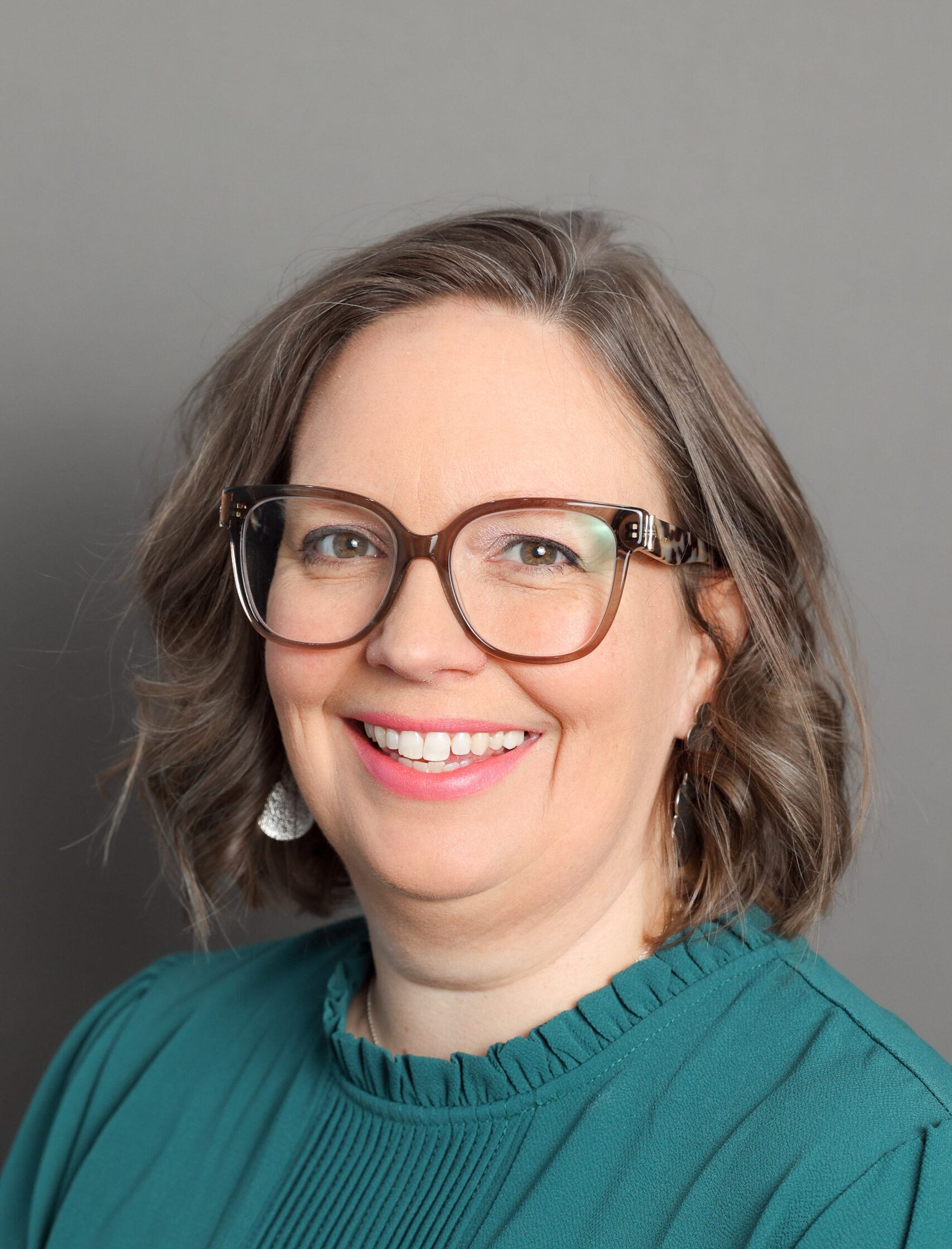Recovery and Healing: The right thing in the right way
We recently co-hosted a virtual conference on recovery and healing with Great Plains Tribal Leaders Health Board and We are Warriors EOC to facilitate learning and networking, building bridges and deepening connections between Native leaders and non-Native organizations. The conversation centered around recovery and healing from the years of extreme weather events that compound already […]

We recently co-hosted a virtual conference on recovery and healing with Great Plains Tribal Leaders Health Board and We are Warriors EOC to facilitate learning and networking, building bridges and deepening connections between Native leaders and non-Native organizations. The conversation centered around recovery and healing from the years of extreme weather events that compound already often harsh and challenging conditions for Native American and tribal communities and the more recent and ongoing pandemic, climate change, civil unrest and societal shifts that underscore the history of disinvestment.
As I listened, I was reminded that it’s not about an innovative intervention, scalable model or new training framework. It’s about the courage to set aside our agendas and listen first with humility. It’s about perseverance and a whole bunch of sweat and tears. It’s about people saying “Yes” and committing to relationships that are trust-based and long-term.
There are no easy answers, and there are few quick wins, but change is happening and is possible. Although there was no perfect solution that would change everything, I would like to share four simple yet change-making ideas.
Relationship first
The question came up early on, “How do we, who work for organizations that have historically caused great harm, build connections?” The answer: Start with acknowledging that there is a painful history. Acknowledge that there are reasons for mistrust and a thousand broken treaties and promises.
Trust must be earned through sitting face to face and listening, through humility and over time. Relationships must take precedence over timelines, grant objectives and transactions. And all these require a long-term commitment.
Something is not always better than nothing
Brenna Lanoue, director of We are Warriors EOC, described some of her experiences with donations as rooted in the assumption that “something is better than nothing.” Whether it be a semi-trailer full of food or water or a pick-up truck full of clothing, these donations can cause an undue burden on receiving community or organization. While many of the items were needed, they came in ways that did not acknowledge the time or capacity of the receiving organizations. For example, unexpected, large donations of food that require refrigeration means staff may need to scramble to find cold storage, taking them away from time spent helping a client find work.
What can we do instead when we feel compelled to give? First, give unrestricted cash donations to organizations. Second, ask what’s needed before you send anything. Third, ask what else is required to deploy the resources (funding or in-kind) you are offering in the community? Do they need more refrigeration, training or staff?
Right thing in the right way
We also heard of several instances when “help” came but left nothing behind. It’s harder to build capacity, to train and coach someone to do the work. It seems easier to deploy our assets and “get ‘er done.” However, for recovery to be successful, communities need to lead the efforts.
For example, if you collect data about the community, make sure the community knows why you are collecting it and hand over that data and information to trusted community organizations such as a local Long-term Recovery Group. Fund organizations to continue operating. Provide resources to add staff to coordinate recovery efforts. Support training, coaching and mentorship. Act as a bridge to other outside resources by making connections, facilitating initial conversations and then stepping into the support role.
Funding and resources are needed, but it needs to come in the right way. Come and help but leave something behind.
Healing is about reconnection to cultural ways and practices
Our day began with a Lakota prayer and a song. Throughout the sessions, we heard the healing power of youth learning beadwork and making ribbon skirts and regalia; of sharing Inipi, smudging and prayers; of time spent with elders as reminders of the connection to earth and stars and each other; and of hunting and drum-ceremonies that restore bodies and spirits.
I was reminded that healing comes in many modes. As funders, we can take the time to find culturally aligned organizations so that post-disaster wellness activities are holistic, bridging modern research with ancestral wisdom.
We ended our day with a time of acknowledgment, a chance to see each other and be seen and to share good and hope. We breathed together, looked each other in the eye as best we could through our screens and said, “I see you, I honor you, and I appreciate you.”
I finished the day tired and a bit overwhelmed as I consider the complexity of recovery and healing. But I also ended the day feeling hopeful. There is no perfect solution, but a million tiny and not-so-tiny things happening every day make a difference.
I would be remiss if I didn’t stop for a moment and acknowledge November as Native American Heritage Month and point you towards a few excellent sources for learning: Native American’s in Philanthropy, Native Governance Center, Partnership with Native Americans and First Nations Development Institute.
We’ve learned so much over the last six years of grantmaking to and partnering with Native American and tribal communities, and we have so much more to learn. I hope you might consider joining us in our efforts. We humbly offer our listening ears and services if you want to explore further.
More like this

Lessons in data-driven disaster recovery

